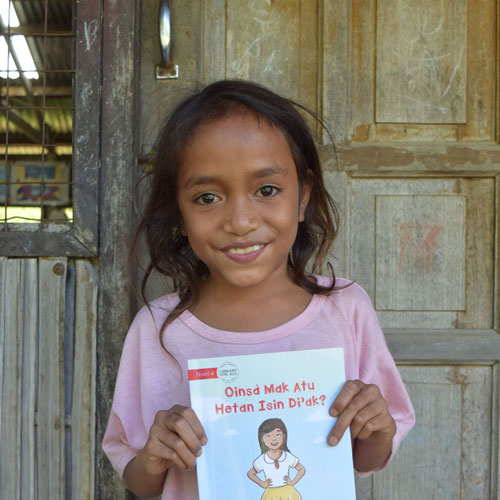ChildFund Australia welcomes Labor’s announcement today that it will reverse the $224m cut made in this year’s budget if it wins the July election, ChildFund Australia CEO Nigel Spence says.
“The recent budget cut to the aid program has reduced Australia’s support to developing countries to the lowest level in our history. I commend Shadow Minister for Foreign Affairs Tanya Plibersek for her decision to overturn this final blow, which comes after years of budget cuts by both sides of politics.
“However, we believe that this should just be the first step of many by whichever party wins Government. A substantial change in government policy is required if we are to reduce poverty, increase economic prosperity and fight the negative impacts of climate change within our region and beyond.”
Since 2013, $11bn has been taken out of Australia’s overseas development assistance budget, while also increasingly being used to defray domestic costs such as asylum seeker programs. At its height in 2012-13, the aid budget was equivalent to $240 per Australian. Today, we are spending just $157 per Australian on aid each year.
Mr Spence said: “Last year, the single biggest cut to the aid program took place – funding was reduced by $1bn and diminished the total aid budget by 20 per cent, despite the fact that the challenges facing many children and families in the Asia-Pacific region have increased.”
While life-threatening poverty is reducing, with the Millennium Development Goals playing an important role in this progress, pockets of extreme poverty remain, and organisations like ChildFund, working at grassroots, are witness to the rising inequalities within nations.
Mr Spence said: “In many of the countries where ChildFund works, we are seeing new risks to children emerge, while existing threats have grown stronger. Today, we have the highest number of displaced people, and extreme weather events due to global warming are resulting in more humanitarian emergencies.”
ChildFund Australia now calls on the Coalition Government to match or improve upon Labor’s aid policy. It also urges political representatives to work together to reach consensus on the future direction of the Australian aid program.
Mr Spence said: “Improving the living standards of families in our region is not just the morally right thing to do, it has real benefits for Australia – greater peace and stability, new trading markets for Australian businesses, and improved relations with our nearest neighbours.
“Regardless of who wins the election, we want to see bipartisan support for restoring our life-saving aid program, and ensuring future aid policies and funding provides predictable, effective and long-term support.”








